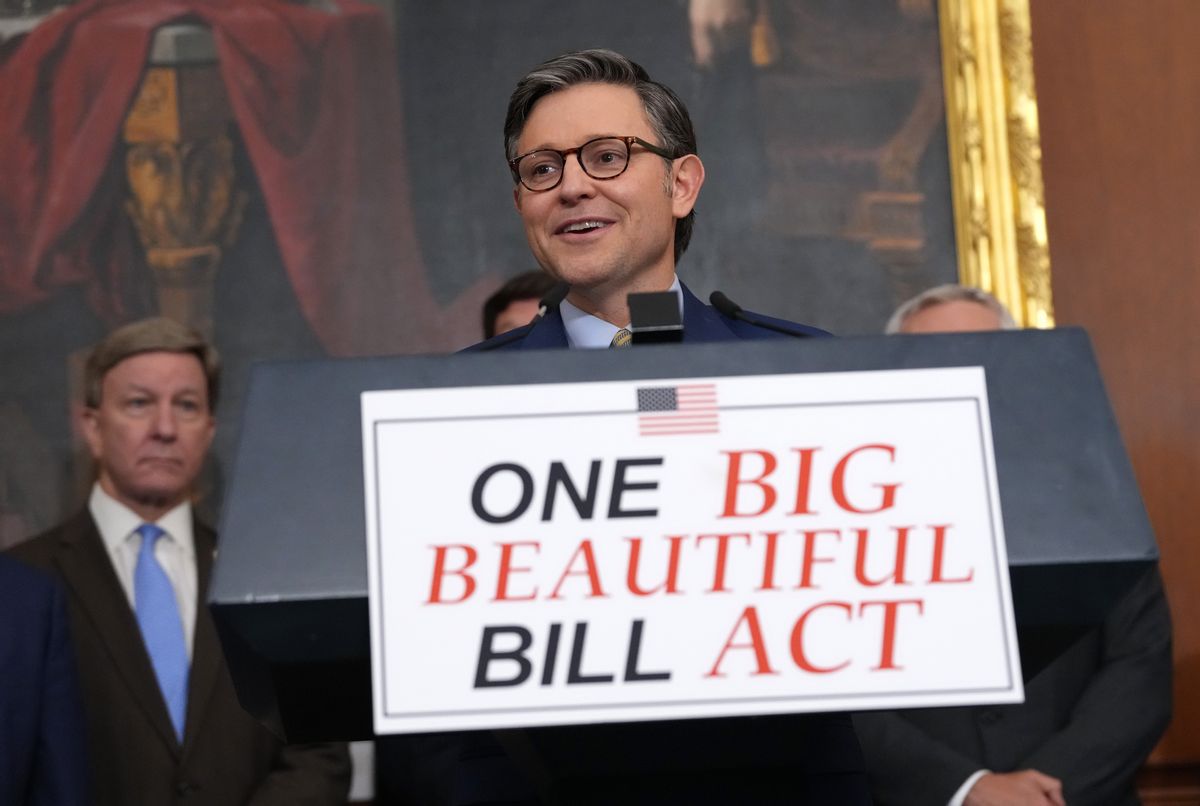₹2 Crore Club in NHS: Over 300 Health Bosses Earn More Than PM Amidst Rising Waiting Lists - A Taxpayer's Burden?

The National Health Service (NHS) in the UK is facing intense scrutiny as a new report by the TaxPayers' Alliance has revealed a significant number of senior managers earning salaries exceeding £200,000 annually. This 'rich list' highlights over 300 NHS bosses taking home substantial paychecks, even as patient waiting lists continue to soar and the healthcare system grapples with immense pressure.
The report, which has sparked widespread debate, indicates that more than 500 senior NHS managers are earning more than the Prime Minister's salary. This revelation has fueled concerns about the allocation of resources within the NHS and whether excessive administrative costs are impacting patient care.
The Scale of the Issue
The TaxPayers' Alliance’s analysis provides a detailed breakdown of the highest earners within the NHS, exposing a pattern of inflated salaries at the top. While acknowledging the vital role of leadership and expertise, critics argue that these high salaries are unsustainable, especially given the current financial challenges facing the NHS.
The report points to a trend of increasing managerial salaries over recent years, even as frontline services face budget cuts and staff shortages. This disparity has raised questions about priorities within the NHS and whether sufficient resources are reaching those directly involved in patient care.
Impact on Patient Care & Waiting Lists
The timing of this report is particularly concerning, given the already-critical state of NHS waiting lists. Millions of patients are currently waiting for appointments, procedures, and treatments, with delays impacting their health and well-being. Critics argue that the money spent on high managerial salaries could be better utilized to reduce waiting times and improve patient outcomes.
The NHS is under immense pressure due to a combination of factors, including an aging population, increased demand for services, and ongoing staff shortages. While addressing these challenges requires a multi-faceted approach, concerns are being raised about whether excessive administrative costs are diverting resources away from frontline care.
Public Reaction & Political Debate
The release of the 'rich list' has ignited a fierce debate across the UK. Taxpayer groups and opposition parties have condemned the high salaries, calling for greater transparency and accountability within the NHS. The government has defended the salaries, arguing that they are necessary to attract and retain experienced leaders in a competitive market. However, the issue continues to be a major point of contention.
Looking Ahead: Addressing the Concerns
Addressing the concerns raised by this report requires a comprehensive review of NHS management structures and salary levels. Potential solutions include:
- Increased transparency in salary reporting.
- A focus on performance-based pay for senior managers.
- A reallocation of resources towards frontline services.
- A review of management roles and responsibilities to ensure efficiency.
Ultimately, the goal is to ensure that the NHS is delivering the best possible care for patients while making responsible use of taxpayer money. The debate surrounding these high salaries highlights the need for ongoing scrutiny and reform to ensure the long-term sustainability of the NHS.





